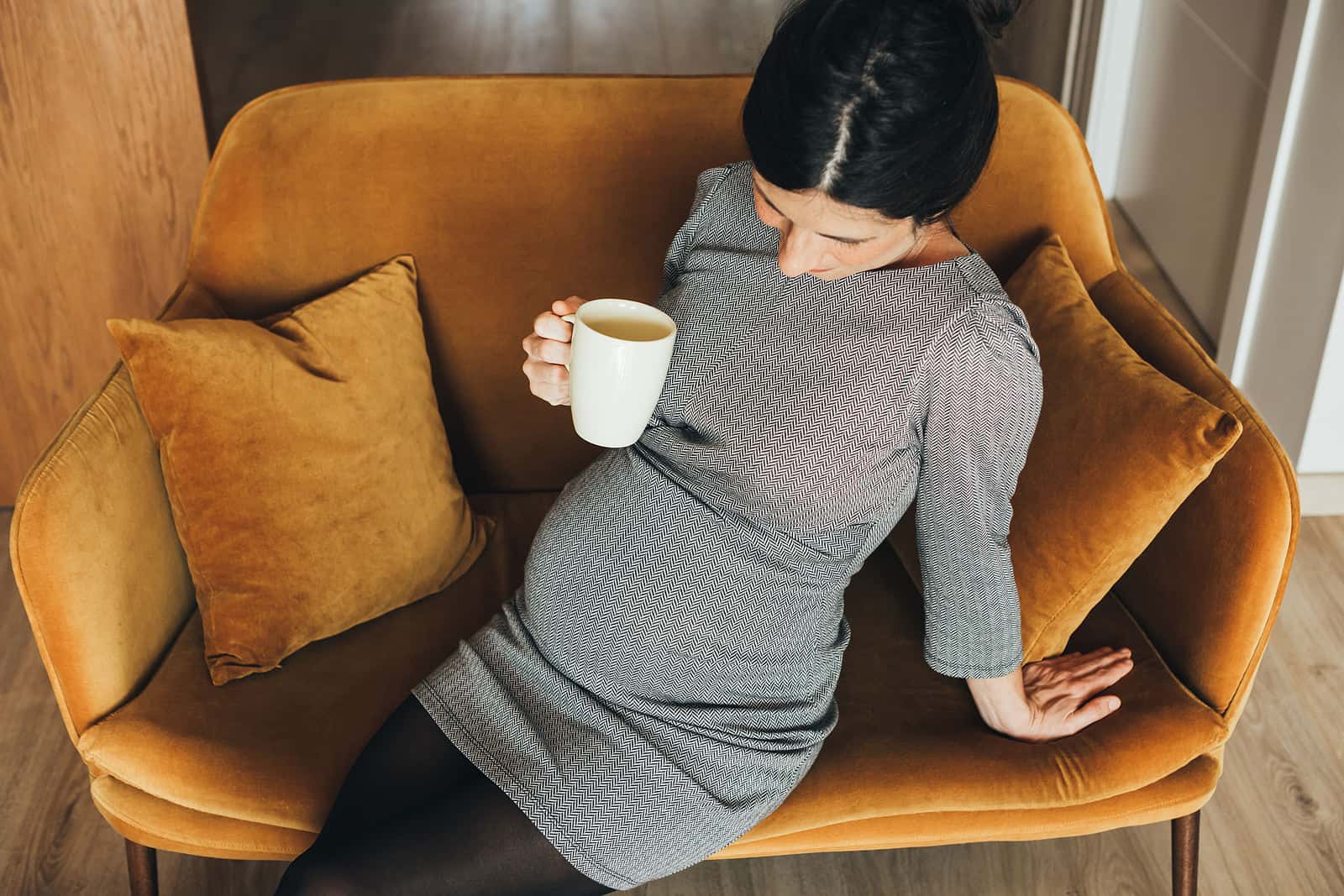
Doctors often warn pregnant women to avoid a wide range of potentially harmful substances, even fast food. Smoking is off limits, of course, and so is alcohol. In addition, women are frequently admonished to avoid tea and coffee during pregnancy. Do they really have to quit all sources of caffeine? What happens if they don’t?
Kids Are Shorter if Mothers Drink Coffee During Pregnancy:
A recent study kept track of people who drank coffee during pregnancy (JAMA Network Open, Oct. 31, 2022). The analysis drew data from two different cohort studies, with more than 2,000 mother-child pairs. The scientists measured the children between age 4 and age 8.
According to the investigators, people who drank more coffee during pregnancy had children who were slightly shorter. The difference was modest, however, less than an inch by age 8. Weight and body mass index did not differ between youngsters whose mothers drank tea or coffee and those who did not. The researchers were able to confirm the volunteers’ reports of coffee consumption by measuring caffeine and paraxanthine in their blood.
The analysts note that the height differences were evident even when mothers consumed less than 200 mg of caffeine daily. That is the cutoff obstetricians usually recommend. It amounts to approximately two modest cups of coffee. The researchers admit, however, that the clinical implications are not clear. Does the observed discrepancy in height continue into adolescence and adulthood or does it disappear? Are there any other consequences of drinking coffee during pregnancy?
They conclude:
“Future research in caffeine consumption during pregnancy should follow child growth into puberty and beyond to determine whether height gaps continue to widen into adulthood, and whether shorter height associated with maternal caffeine consumption confers greater risk for cardiometabolic dysfunction.”

